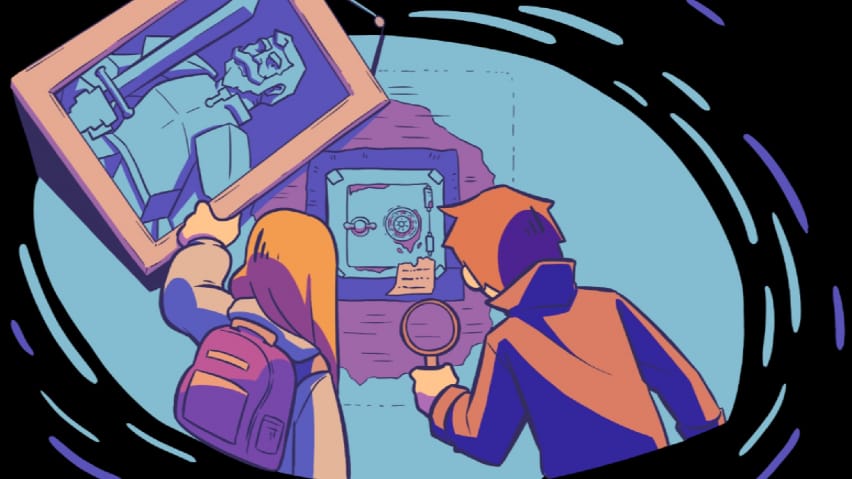

Talking to Jean-Maxime Moris and Jeff Spock, Amplitude’s executive producer and narrative director on Humankind, I can’t help but feel a little bit guilty for immediately bringing up Civilization. There are more 4X games than Civ – and older ones at that – which means comparing every new 4X game to it can feel more than a little trite. But Sid Meier’s influence is the one that lingers. It’s also the closest, by far, to what Endless Space and Endless Legend developer Amplitude is aiming for with Humankind: a historical, diverse, and deeply optimistic game about the miraculous progress of the human race.
It’s not perfect – certainly not yet, as the build I played was still waiting for a number of pretty crucial systems to be finalised, or even implemented at all – but what makes Humankind immediately stand out from its illustrious cousin is its approach to one of the genre’s biggest frustrations. Humankind is trying to solve the problem of culture, that weird and conceptually squishy amalgamation which feels essential to any game about human history but has, so far, proved to be a bane of the Civilization series and others like it – and the team at Amplitude’s Parisian studio might actually be onto something.
Amplitude’s approach with Humankind is to make you choose a new culture for your civilization each time you progress into a new era. You don’t choose a civilization at the start and play with them throughout, and instead all start from the same blank slate – with a customisable avatar representing you as a sort of detached ‘leader’ through the ages. The scenario I played lasted a couple of hours, up to a maximum of 60 turns or two eras, from more or less the very beginning of the game, which meant I was able to get a decent sense of how the culture-hopping worked out. The immediate thing you notice is how it maps much more sensibly to actual human history. Societies – speaking very generally here – tend to evolve according to the natural and social surroundings, so ones with fewer military rivals nearby and lots of lush, arable land might move more towards a peaceful, agricultural society, such as the Harappans (or Indus Valley Civilisation), which were based in what is now north-east Afghanistan, Pakistan, and north-western India in around 3300 – 1300 BCE.




